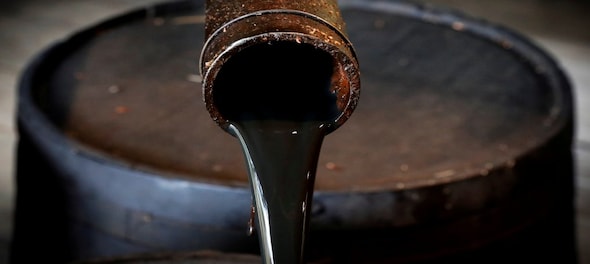
In a move to manage fiscal dynamics and address the economic impact of fluctuating fuel prices, the Indian government on Friday (September 1) announced changes in tax rates on petroleum products, effective from September 2, 2023.
Notably, the windfall profit tax on crude petroleum is set to decrease, transitioning from Rs 7,100 per tonne to Rs 6,700 per tonne. In contrast, the Special Additional Excise Duty (SAED) or duty on diesel will see an increase, rising from Rs 5.50 per litre to Rs 6 per litre.
Additionally, the tax on Aviation Turbine Fuel (ATF), commonly known as jet fuel, will experience an upward revision, climbing from Rs 2 per litre to Rs 4 per litre.
The tax rates are reviewed every fortnight based on average oil prices in the previous two weeks. The government’s collection from the SAED, imposed on the production of crude oil and the export of petroleum products from July 1, 2022, is estimated at around Rs 40,000 crore in FY2023.
Crude oil pumped out of the ground and from below the seabed is refined and converted into fuels like petrol, diesel and aviation turbine fuel (ATF).
India first imposed windfall profit taxes on July 1 last year, joining a growing number of nations that tax super-normal profits of energy companies. At that time, export duties of Rs 6 per litre ($12 per barrel) each were levied on petrol and ATF and Rs 13 a litre ($26 a barrel) on diesel.
The government levies tax on windfall profits made by oil producers on any price they get above a threshold of $75 per barrel. The levy on fuel exports is based on cracks or margins that refiners earn on overseas shipments. These margins are primarily a difference between the international oil price realised and the cost.
Check out our in-depth Market Coverage, Business News & get real-time Stock Market Updates on CNBC-TV18. Also, Watch our channels CNBC-TV18, CNBC Awaaz and CNBC Bajar Live on-the-go!


Congress wants longer voting hours
Apr 28, 2024 4:04 PM
Loud echoes of Maratha reservation issue in Maharashtra
Apr 28, 2024 3:44 PM
Delhi Congress chief Arvinder Singh Lovely resigns
Apr 28, 2024 10:54 AM
Lok Sabha polls: Voter turnout in Rajasthan over 62%, down by 4% since 2019
Apr 28, 2024 8:49 AM

